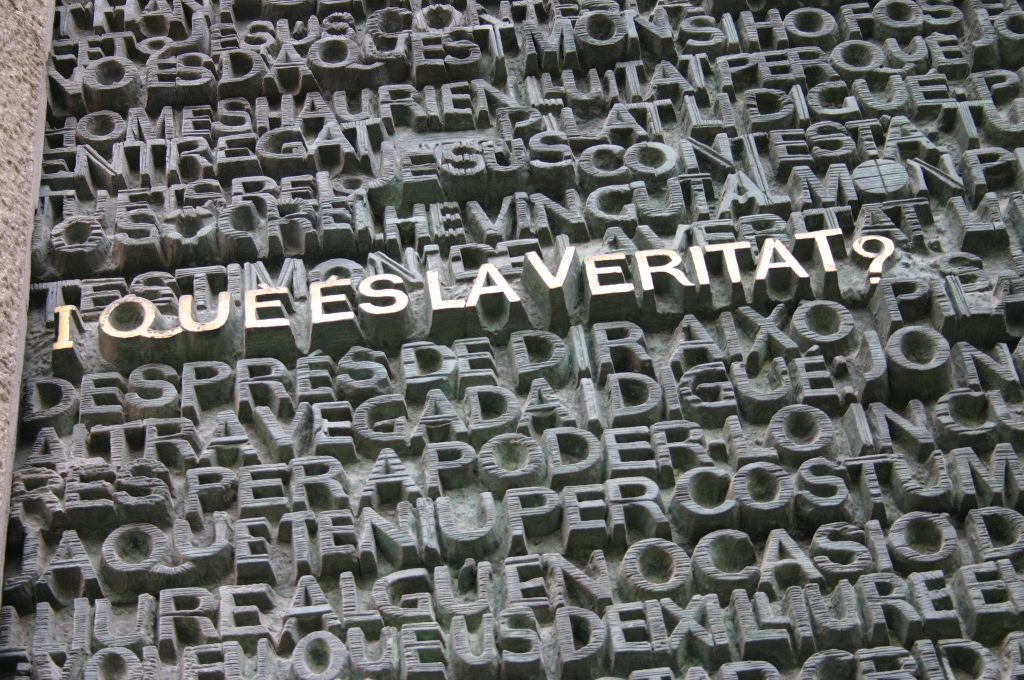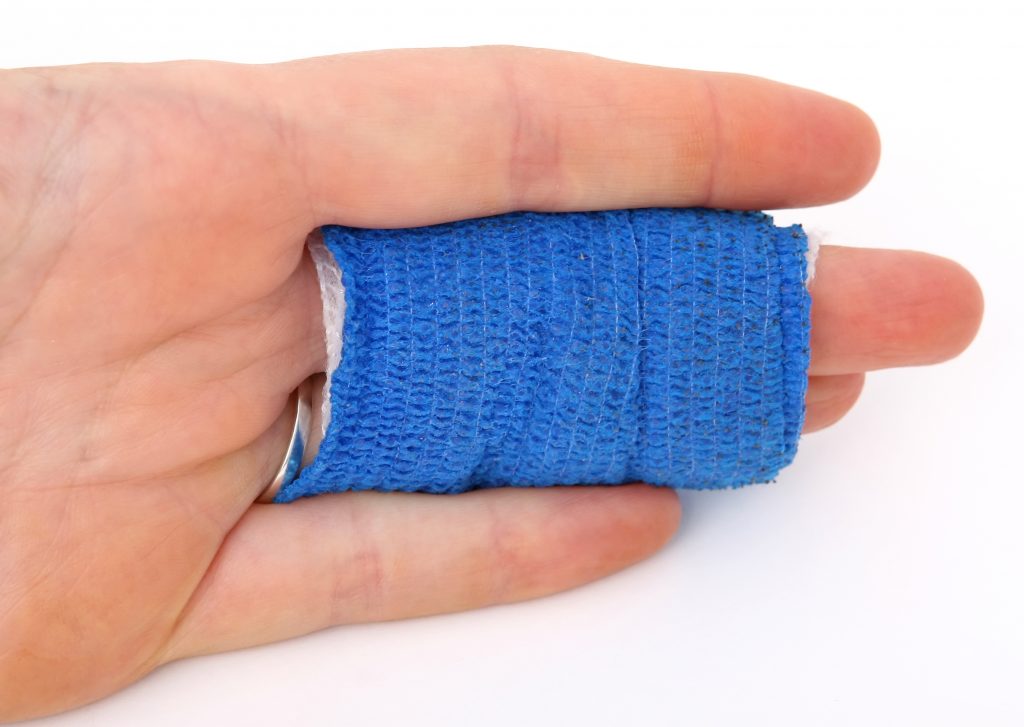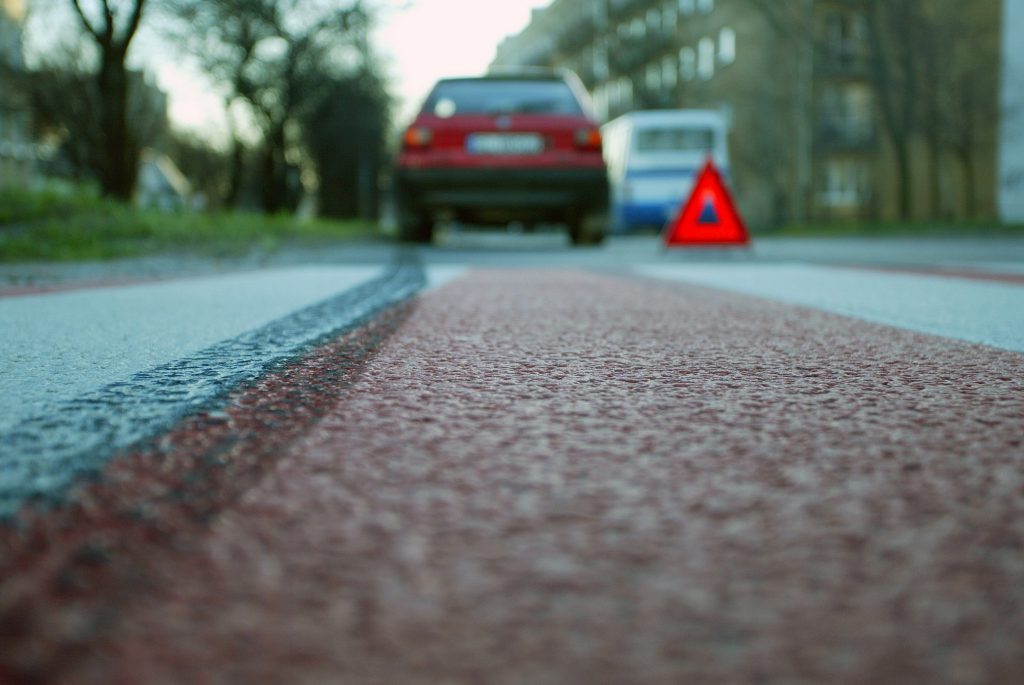 In any personal injury lawsuit, it is absolutely critical that the plaintiff documents his or her injuries and gather evidence in support of legal claims. In addition to establishing that the defendant breached a duty of care, personal injury plaintiffs must also prove – through medical testimony and documentation – that it was more probable than not that the accident at issue caused their injuries. See Maranto v. Goodyear Tire & Rubber Co., 650 So.2d 757 (La. 1995). This is particularly complicated when the plaintiff is already receiving care for preexisting injuries, as the law holds that defendants are not liable for damages caused by separate, independent, or intervening causes or injury. A recent case of the Louisiana First Circuit Court of Appeal is revealing. In this case, the Court of Appeal upheld a jury’s finding of no causation despite unconverted testimony by two expert witnesses.
In any personal injury lawsuit, it is absolutely critical that the plaintiff documents his or her injuries and gather evidence in support of legal claims. In addition to establishing that the defendant breached a duty of care, personal injury plaintiffs must also prove – through medical testimony and documentation – that it was more probable than not that the accident at issue caused their injuries. See Maranto v. Goodyear Tire & Rubber Co., 650 So.2d 757 (La. 1995). This is particularly complicated when the plaintiff is already receiving care for preexisting injuries, as the law holds that defendants are not liable for damages caused by separate, independent, or intervening causes or injury. A recent case of the Louisiana First Circuit Court of Appeal is revealing. In this case, the Court of Appeal upheld a jury’s finding of no causation despite unconverted testimony by two expert witnesses.
On July 18, 2011, Wendy Richardson was returning to her home in Powers Trailer Park in Ascension Parish, Louisiana when her vehicle’s right rear tire fell into a hole. The hole developed suddenly in the gravel lining the entrance to the trailer park from Airline Highway. Ms. Richardson filed a lawsuit against the owner of the trailer park, Homewood Holdings, L.L.C. and its insurer, Scottsdale Insurance Company. Ms. Richardson argued that the hole caused her vehicle to unexpectedly stop, causing her serious injuries that necessitated undergoing spinal surgery.
At trial, Ms. Richardson presented the testimony of two treating physicians in addition to her own testimony. Ms. Richardson testified that she did not immediately seek medical attention for her injuries because she was already being administered a narcotic for serious injuries suffered in a domestic violence incident, and her contract prohibited her from receiving medication from any other source. She waited until her next scheduled appointment with her pain management specialist, Dr. Thomas Cockerham.
 Louisiana Personal Injury Lawyer Blog
Louisiana Personal Injury Lawyer Blog


 What happens when an accident happens at the workplace? Well, you would immediately head to the doctor. You would rely on your medical records to show the truth when you talk to your insurance company. However, what happens when the medical administration doesn’t agree that your medical records are demonstrative of the truth? Strengthening your case against corporations that attempt to veil the importance of your medical records requires the very best attorneys possible.
What happens when an accident happens at the workplace? Well, you would immediately head to the doctor. You would rely on your medical records to show the truth when you talk to your insurance company. However, what happens when the medical administration doesn’t agree that your medical records are demonstrative of the truth? Strengthening your case against corporations that attempt to veil the importance of your medical records requires the very best attorneys possible. When a merchant sets up shop, he/she may become liable for any accident that occurs on the business’s premises. However, the merchant is not automatically at fault. Sometimes a person is injured and the merchant is not to blame, either because the plaintiff was careless or failed to satisfy his burden of proof. The law in Louisiana that governs a merchant’s liability for negligence also governs the plaintiff’s burden of proof when bringing a claim against a merchant. This law also provides a list of elements, which the plaintiff must prove in order to succeed in their claim. See
When a merchant sets up shop, he/she may become liable for any accident that occurs on the business’s premises. However, the merchant is not automatically at fault. Sometimes a person is injured and the merchant is not to blame, either because the plaintiff was careless or failed to satisfy his burden of proof. The law in Louisiana that governs a merchant’s liability for negligence also governs the plaintiff’s burden of proof when bringing a claim against a merchant. This law also provides a list of elements, which the plaintiff must prove in order to succeed in their claim. See  When you suffer a personal injury such as a slip and fall and pursue a remedy in court, you must be able to support your allegations with sufficient evidence. After conducting initial discovery, a party may move for summary judgment and seek to have the case dismissed before it is ever heard by a trier of fact. When a party moves for summary judgment, it argues that the initial discovery shows that there are no issues of material fact to be decided by the trier of fact and that it is entitled to judgment as a matter of law. The opposing party, the party seeking to avoid having their case dismissed, must then present evidence to show that there are issues of material fact that should be heard at trial. In a recent case from the Louisiana Second Circuit Court of Appeal, a plaintiff conveniently “corrected” her deposition testimony attempting to defeat a motion for summary judgment. While the suspect changes were ultimately admitted, this was not sufficient to allow the case to go forward at trial.
When you suffer a personal injury such as a slip and fall and pursue a remedy in court, you must be able to support your allegations with sufficient evidence. After conducting initial discovery, a party may move for summary judgment and seek to have the case dismissed before it is ever heard by a trier of fact. When a party moves for summary judgment, it argues that the initial discovery shows that there are no issues of material fact to be decided by the trier of fact and that it is entitled to judgment as a matter of law. The opposing party, the party seeking to avoid having their case dismissed, must then present evidence to show that there are issues of material fact that should be heard at trial. In a recent case from the Louisiana Second Circuit Court of Appeal, a plaintiff conveniently “corrected” her deposition testimony attempting to defeat a motion for summary judgment. While the suspect changes were ultimately admitted, this was not sufficient to allow the case to go forward at trial.  Workers’ compensation is a form of insurance run by the state government which pays wage replacement and medical benefits to employees injured on the job.
Workers’ compensation is a form of insurance run by the state government which pays wage replacement and medical benefits to employees injured on the job.  Companies that do business in multiple states must consider that individual states have their own laws, which must be followed if a company plans to do business in that state. It can never hurt to do your due diligence before you begin operations and a good attorney can be a vital resource. Recently, a Louisiana appellate court overturned the decision of a Worker’s Compensation Judge (WCJ) who ordered an out-of-state pharmacy to receive over $7,000 in reimbursement for providing prescription drugs to a worker’s compensation claimant over a seven-month period in 2010.
Companies that do business in multiple states must consider that individual states have their own laws, which must be followed if a company plans to do business in that state. It can never hurt to do your due diligence before you begin operations and a good attorney can be a vital resource. Recently, a Louisiana appellate court overturned the decision of a Worker’s Compensation Judge (WCJ) who ordered an out-of-state pharmacy to receive over $7,000 in reimbursement for providing prescription drugs to a worker’s compensation claimant over a seven-month period in 2010. We’ve all been in the situation where we’re sitting at a red light or approaching an intersection and all of a sudden we hear sirens and see flashing lights. Everyone knows to stop and yield to the oncoming ambulance. Sometimes, however, a driver might not yield for whatever reason. This is exactly what happened in this case, which involves an EMT who was injured on the job while riding in an ambulance.
We’ve all been in the situation where we’re sitting at a red light or approaching an intersection and all of a sudden we hear sirens and see flashing lights. Everyone knows to stop and yield to the oncoming ambulance. Sometimes, however, a driver might not yield for whatever reason. This is exactly what happened in this case, which involves an EMT who was injured on the job while riding in an ambulance. Imagine you go to a hospital for a medical emergency such as leg weakness, back pain, and paresthesia. While you are at the hospital, you feel that you are treated harshly and unprofessionally by the physician that examines you. Later, you find out that the physician wrote insulting things about you in your consultation report, which is now a part of your permanent medical record. This situation was a reality for Ms. Michelle Conner.
Imagine you go to a hospital for a medical emergency such as leg weakness, back pain, and paresthesia. While you are at the hospital, you feel that you are treated harshly and unprofessionally by the physician that examines you. Later, you find out that the physician wrote insulting things about you in your consultation report, which is now a part of your permanent medical record. This situation was a reality for Ms. Michelle Conner. After someone has been through six, separate car accidents, it might be difficult to keep track of which injuries and treating physicians stemmed from which accident. Nevertheless, if you find yourself before a court you must present a detailed and accurate record of everything. The following case, in which one Baton Rouge woman claimed that the Trial Court considered the wrong evidence in deciding her case, illustrates this point.
After someone has been through six, separate car accidents, it might be difficult to keep track of which injuries and treating physicians stemmed from which accident. Nevertheless, if you find yourself before a court you must present a detailed and accurate record of everything. The following case, in which one Baton Rouge woman claimed that the Trial Court considered the wrong evidence in deciding her case, illustrates this point. You may be entitled to compensation for any injury that occurs on the job. The extent of compensation depends on the extent of your injuries. See
You may be entitled to compensation for any injury that occurs on the job. The extent of compensation depends on the extent of your injuries. See